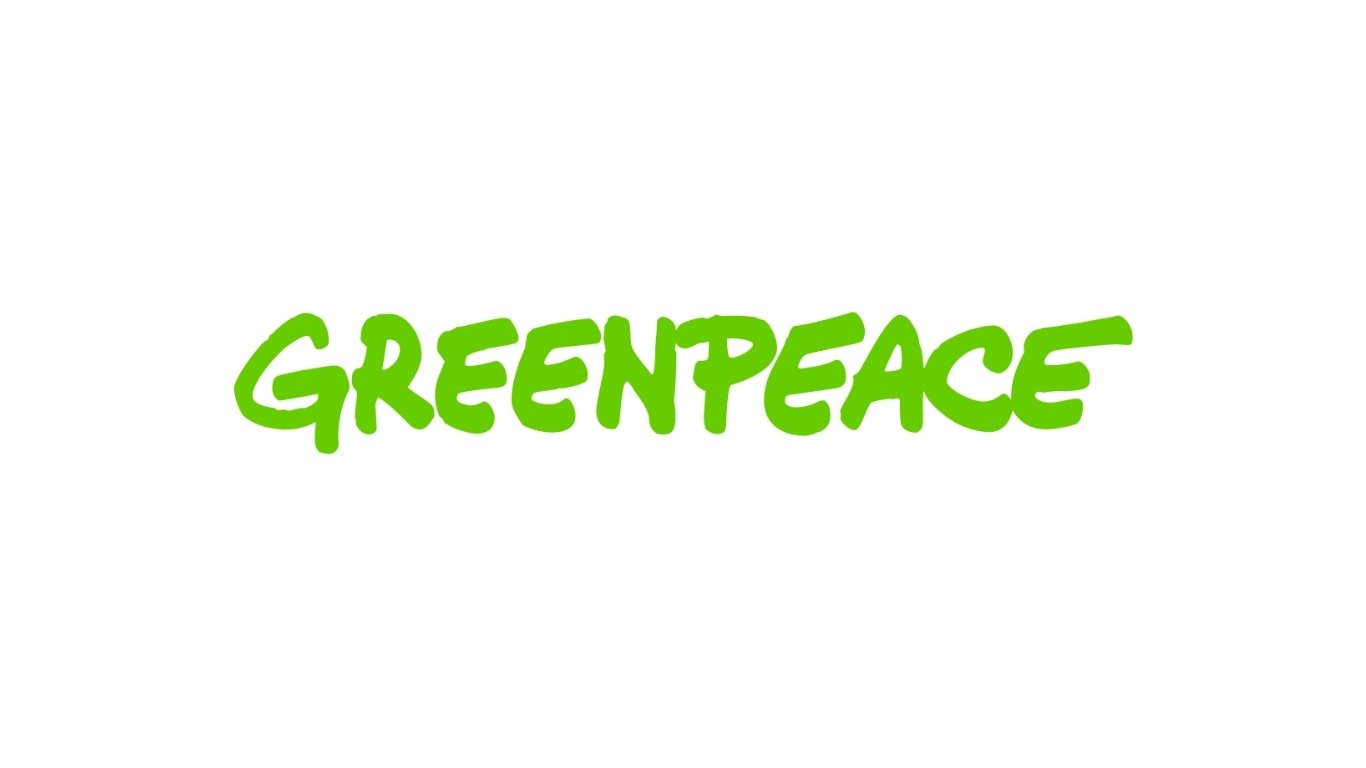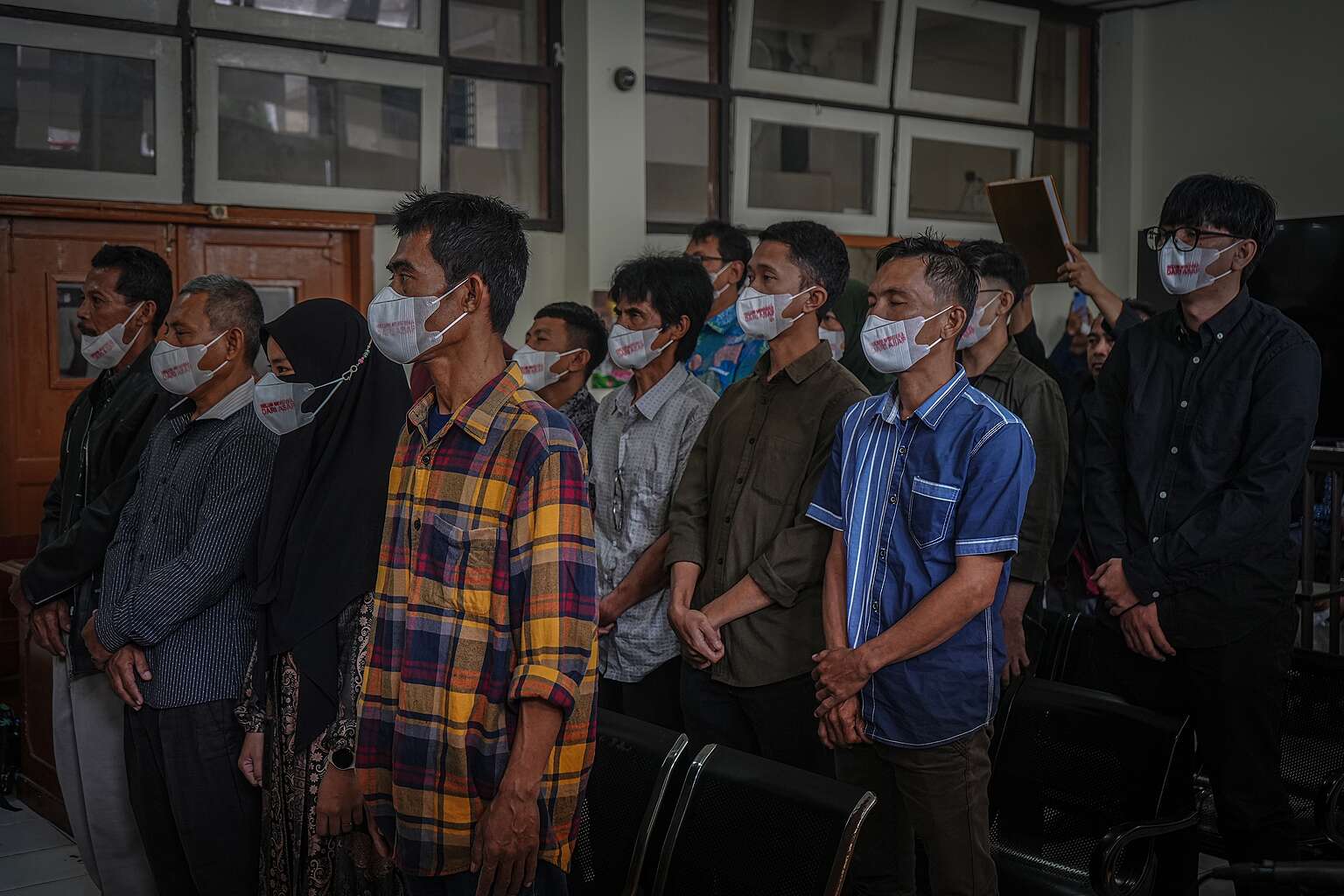Bangkok— Greenpeace Southeast Asia’s 6-month analysis of air quality levels from 19 monitoring stations in 14 cities across Thailand show high levels of toxic air pollution, PM2.5, that exceed safety limits set by the World Health Organization— one of the requirements to meet the country’s Sustainable Development Goals (SDGs) [1]. Greenpeace is urging the Pollution Control Department to immediately upgrade Thailand’s air quality index (AQI) to incorporate PM2.5 (PM2.5 AQI).
Air pollution is one of the key environmental issues that the Thai government has failed to immediately address. PM2.5 poses a serious threat to human health.
According to State of Global Air report, in 2015, PM2.5 caused around 37,500 premature deaths in Thailand [2]. Most at risk are children and the elderly, people living in big cities and people living in areas near coal-fired power plants and polluting industries. By not setting an AQI of PM2.5, Thailand’s population in urban areas will be exposed to outdoor air pollution levels that are way above WHO limits.
While all of the cities sampled reached WHO air quality limits of 10 µg/m³ annual average, the data from the Pollution Control Department’s Monitoring Station also revealed that PM2.5 concentration in 10 of 14 cities failed to meet the Thai government’s own air quality standards for annual average PM2.5 concentration (25 µg/m3).
Between January to June this year, the two most critical cities with the highest half-year average concentrations of PM2.5 were Khon Kaen (44 µg/m3) and Saraburi (40 µg/m3) which had over four times higher than WHO air quality limits. The other 8 cities at risk include Bangkok, Samut Prakarn, Prachinburi, Ratchaburi, Samut Sakorn, Lampang, Chiang Mai, and Tak which showed an alarming rate of an annual average PM2.5 concentration between 26-39µg/m3
Air pollution is used as a marker of sustainable development and concerns about air pollution are reflected in the Sustainable Development Goals (SDGs).[3] Greenpeace notes that although Thailand has adopted SDGs, the government has failed to meet crucial goals, including Goal 3 that aims to “Ensure healthy lives and promote well-being for all at all ages”[4] and Goal 11 that aims to “Make cities and human settlement inclusive, safe, resilient, and sustainable [5].
“Millions of people are at risk if nothing is done to improve the country’s air quality. The Thai government must take a decisive action to address this national health emergency and create and implement a bolder action plan that reduces pollution, cleans our air, and saves lives,” said Chariya Senpong, Climate and Energy Campaigner, Greenpeace Southeast Asia.
Notes to the editors:
[1] http://www.undp.org/content/undp/en/home/sustainable-development-goals.html
[2] https://www.stateofglobalair.org/data
[3] https://www.greenpeace.org/static/planet4-southeastasia-stateless/2019/04/204_Indicator_SDGs.pdf
[4] Target details “by 2030, substantially reduce the number of death and illness from hazardous chemical, air, water, and soil pollution and contamination”. Indicator “Population in urban areas exposed to outdoor air pollution level above WHO guideline value”.
[5] Target detail “by 2030 reduce adverse per capita environmental impact of cities including by paying special attention to air quality, municipal and other waste management”. Indicator “Level of ambient particulate matter(PM10 and PM2.5)
[6] Petition calling the Pollution Control Department to improve Thailand Air Quality Index at https://act.greenpeace.org/ea-action/action?ea.client.id=1827&ea.campaign.id=54953&ea.tracking.id=Planet3
Media contacts:
Chariya Senpong, Climate and Energy Campaigner, Greenpeace Southeast Asia
Email: [email protected], Tel: +66 81 692 8978
Somrudee Panasudtha, Media Campaigner, Greenpeace Southeast Asia
Email: [email protected], Tel: +66 81 929 5747



